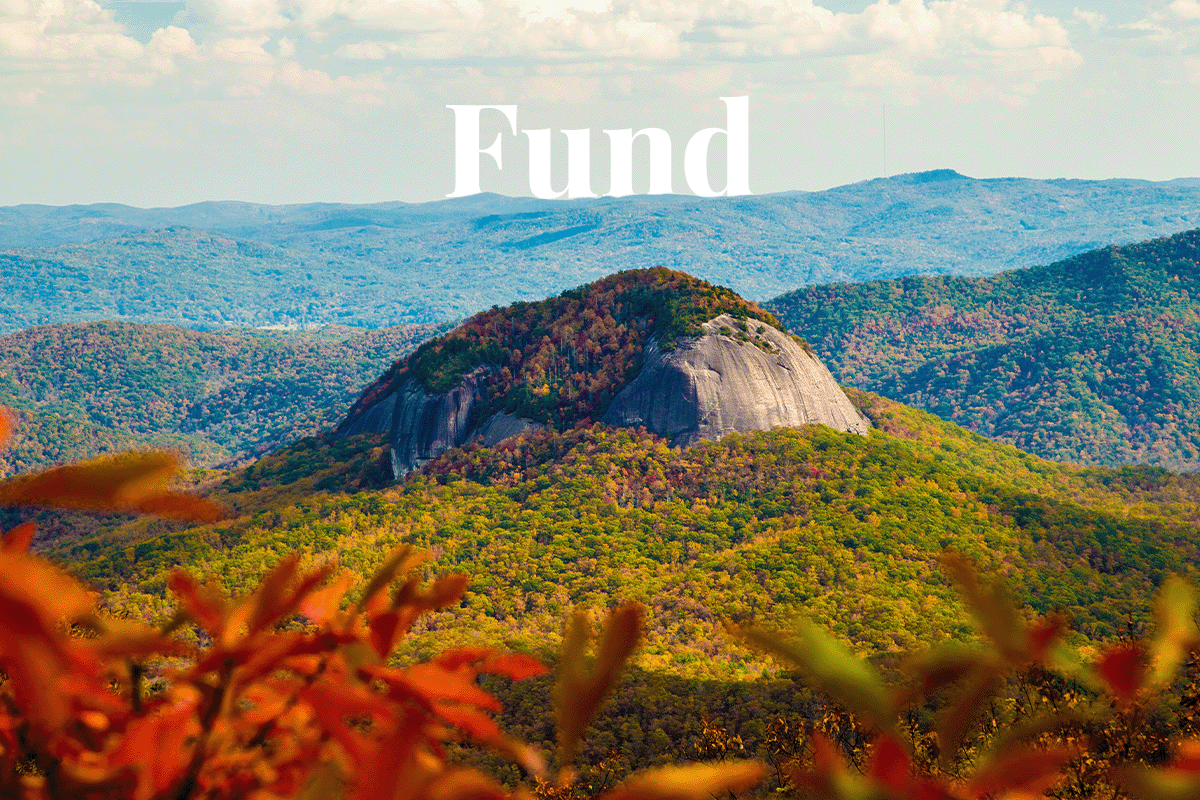Japanese forestry company Sumitomo Forestry has spearheaded a groundbreaking initiative by launching a fund worth over $420 million. The fund, a joint effort involving 10 Japanese corporations, aims to manage North American forests and create carbon credits, making significant strides in the global fight against climate change.
 View of Looking Glass Rock, Pisgah National Forest, North Carolina.
View of Looking Glass Rock, Pisgah National Forest, North Carolina.
Dubbed ‘Forestry Fund I’, the fund has attracted investments from corporations such as ENEOS Corporation, Osaka Gas Co., and Sumitomo Mitsui Banking Corporation. Together, these companies seek to contribute to reducing global carbon emissions through forest management. The participating Japanese companies have invested in the fund through their US subsidiaries, with the aim of expanding their forest management capabilities and combatting climate change.
Read more: Deforestation in the United States: causes, consequences, and cures
Over the course of 15 years, the fund plans to acquire and oversee approximately 130,000 hectares of forests, primarily located in North America. Eastwood Forests, a renowned expert in US forest funds management, will manage the operations. The carbon credits generated by the Sumitomo Forestry-led forest fund will be distributed among the participating investors.
Sumitomo Forestry has an additional ambitious plan in store—constructing the world's tallest building using timber sourced from sustainably managed forests. Sumitomo Forestry’s President, Toshiro Mitsuyoshi, emphasised the fund's significance, stating, ‘[The fund can] not only create economic value through timber trading but also contribute to the global environment through forest preservation and expansion and to helping investors offset their carbon emissions.’
Forests remain crucial in capturing carbon to mitigate climate change. Major corporations continue to promote forests as a natural climate solution, aligning with their net-zero and climate goals. With Japan's commitment to achieving net-zero emissions by 2050, the expansion of Japanese corporations into North America will further enhance the value of forests as vital carbon sinks. The fund is projected to generate approximately one million carbon credits annually.
For companies facing challenges in achieving carbon neutrality, the fund's credits offer an opportunity to offset their emissions after implementing robust reduction measures. Renowned companies like Microsoft Corp. and BP PLC are also endorsing forest carbon credits, using them to offset emissions or support nature-based climate solutions.
Read more: Smithsonian receives $12M from Bezos Fund to launch GEO-TREES: a groundbreaking forest monitoring initiative
To ensure high-quality offsets, the forest fund will monitor global trends in carbon credits. In addition to conventional timber production, the fund will prioritise sustainable forest management practices. Improved Forest Management (IFM) is one such practice, promoting sustainable forestry through vegetation restoration and creating hierarchical forests with diverse species and ages.
In 2022, forestry projects accounted for 30% of total carbon offset credits issued by voluntary registries, including IFM, REDD+ (Reducing Emissions from Deforestation and Degradation), and afforestation/reforestation. According to a recent study, IFM projects have generated 193 million carbon offset credits since 2008, comprising 28% of all forest project credits and 11% of credits in voluntary markets.
The analysis also revealed that 94% of forest offset credits from IFM projects were issued in the United States, with a significant proportion registered under the California Air Resources Board (ARB) compliance carbon offset programme.
Historically, forest offset credits have predominantly focused on reducing carbon losses by minimising tree harvesting compared to baseline scenarios. Last year, an Oak Hill Advisors-led consortium acquired 1.7 million acres of US timberland for $1.8 billion to mitigate logging and enhance forest carbon initiatives.
Overall, sustainable and improved forest management projects play a pivotal role in reducing carbon emissions and capturing carbon through forest restoration, biodiversity preservation, and promoting existing forests. Carbon offset credits provide valuable incentives to unlock this potential. DGB Group develops such high-rated carbon credits through our nature-based solutions, unlocking the potential to reach net zero while supporting nature to prosper and flourish.
Contact our experts to learn more about our carbon credits

